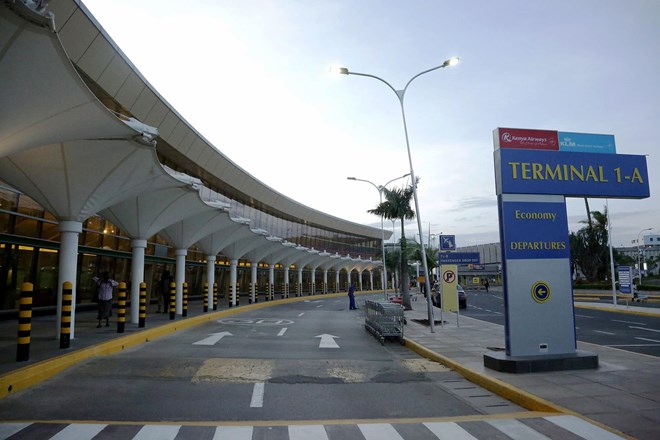
Sunday April 4, 2021

Kenya on Saturday announced mandatory quarantine for passengers from Britain, in response to being placed on the country's so-called red list, which Nairobi rejected as " discriminatory".
The UK government on Friday banned visitors from Kenya due to concerns over the circulation of a variant of the coronavirus which originated in South Africa.
In a lengthy statement, Nairobi said the decision would have "deep and far-reaching consequences" on trade, travel and security co-operation between the two close allies.
"The decision seems to be motivated by a discriminatory policy against certain countries and peoples," Kenya's foreign ministry said in the statement.
In return, Kenya announced that all passengers arriving, or transiting through the UK, will face 14-days mandatory quarantine at a government facility, at their own expense.
They will also have to pay to take two Covid-19 tests. Kenyan nationals are exempt from the new rules.
Kenya highlighted that London could have offered to share vaccines which it "has in bigger quantities than it currently has use for", condemning vaccine nationalism and hoarding by nations around the globe.
"This vaccine apartheid, coupled with reckless calls for vaccine passports while not making the vaccines available to all nations, widens existing inequalities and makes it near impossible for the world to win the war against the pandemic," said the statement.
The UK, which has red-listed 39 countries, said new data showed increased risks of importing coronavirus "variants of concern".
Kenya currently has both variants from South Africa and the UK -- which are more contagious -- circulating.
Among potential other sources, the UK variant was brought to the country by British soldiers who have a base in Kenya, local media cited the health ministry as saying last month.
Kenya is suffering a deadly third wave of the pandemic which has overwhelmed hospitals, with local media and social media carrying stories of families unable to find beds for their ailing loved ones.
Nairobi and nearby counties were last month placed under partial lockdown and schools, restaurants and bars shut, while an evening curfew -- which has been in place for a year -- was brought forward to 8pm, lasting until 4am.
The country has recorded over 136,000 cases and 2,100 deaths, however testing remains low and the positive results are at around 20 percent.
Kenya received just over one million doses of the AstraZeneca vaccine in March.
After a month, however, it has only given out around 200,000 jabs in an often chaotic drive which has seen many who do not currently qualify showing up and getting the shot.
A private importer was selling the Russian vaccine Sputnik V for around $70 (59 euros) a shot to wealthy Kenyans, but the government on Friday banned them from doing so.